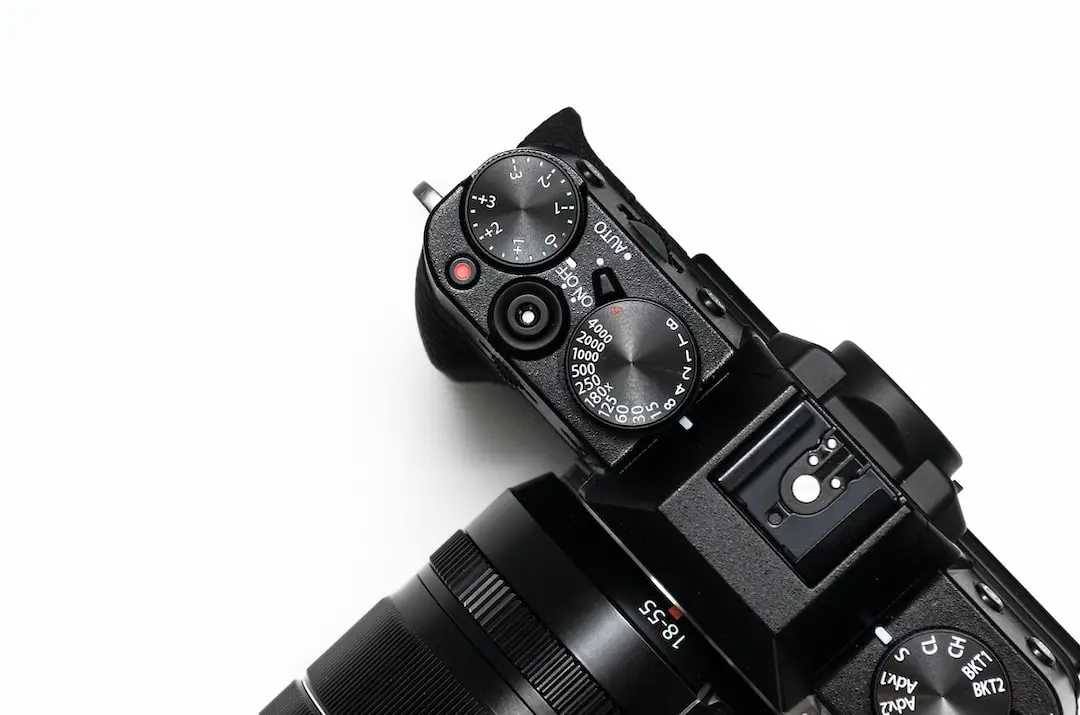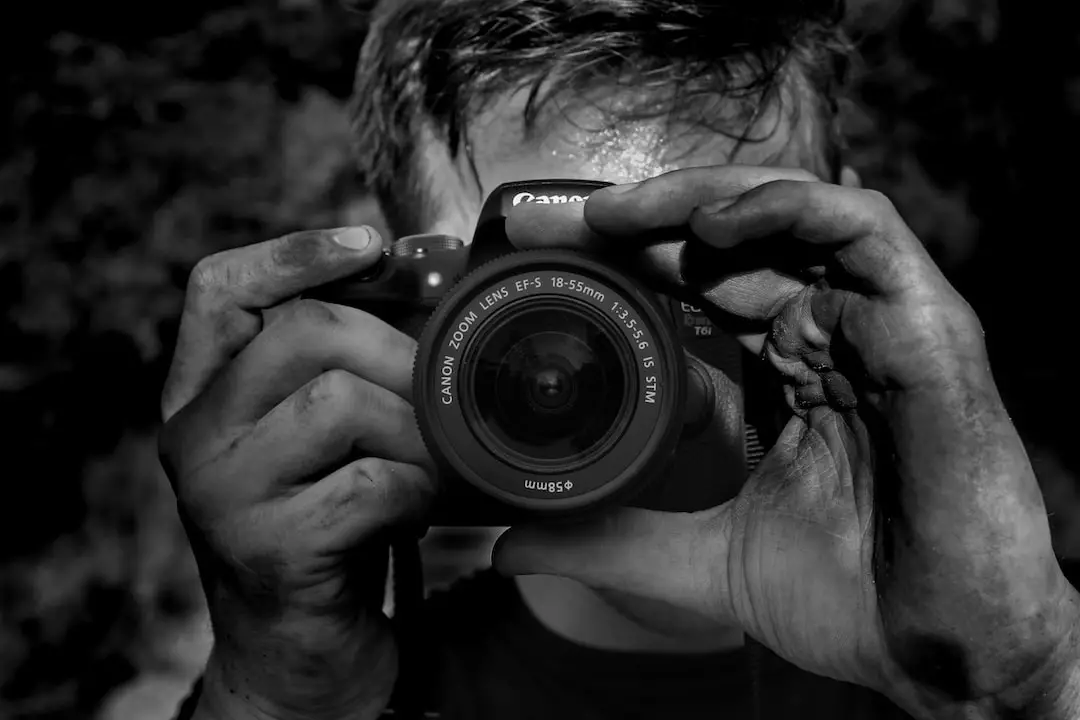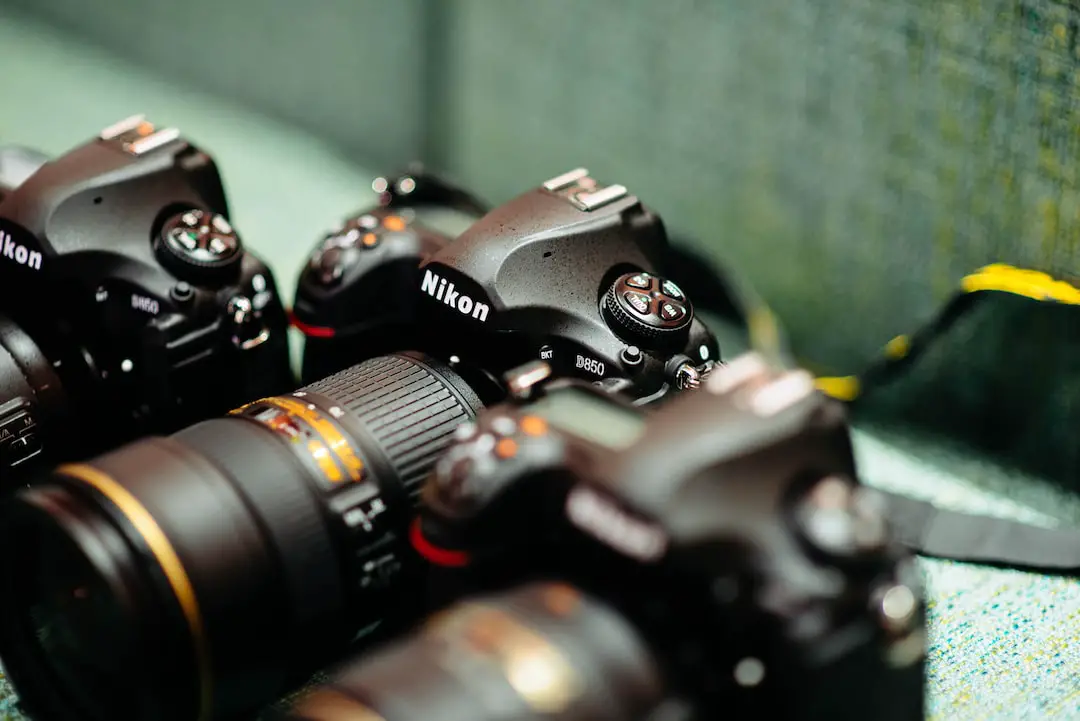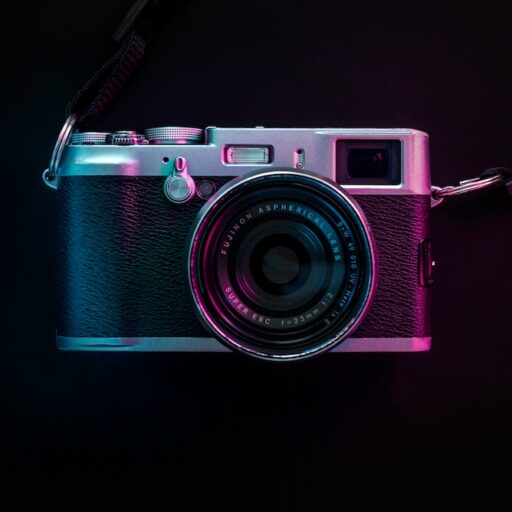Support our educational content for free when you purchase through links on our site. Learn more
Is 4K the Best Camera Quality? [2024]
Have you ever wondered if 4K is truly the best camera quality available? In this article, we will delve into the world of 4K cameras and explore whether they live up to the hype. Whether you’re a professional photographer or an amateur enthusiast, understanding the benefits and drawbacks of 4K can help you make an informed decision when it comes to choosing the right camera for your needs.
Table of Contents
- Quick Answer
- Quick Tips and Facts
- Background: The Evolution of Camera Quality
- The Rise of 4K: Unveiling the True Potential
- Is 4K the Ultimate Resolution?
- Unlocking Creativity: What 4K Can Do for You
- Overcoming Challenges: The Price of 4K
- FAQ
- Conclusion
- Recommended Links
- Reference Links
Quick Answer
In a nutshell, yes, 4K is considered the best camera quality available. With four times the resolution of Full HD, 4K offers stunning clarity and detail that surpasses any previous camera technology. However, it’s important to consider your specific needs and budget before investing in a 4K camera.
If you’re looking for the best possible image quality and have the necessary equipment and resources to handle 4K footage, then a 4K camera is definitely worth considering. However, if you’re on a tight budget or don’t require the highest level of resolution, there are other camera options available that may better suit your needs.
CHECK PRICE on: Amazon | Walmart | eBay
Quick Tips and Facts
Before we dive deeper into the world of 4K cameras, here are some quick tips and facts to keep in mind:
- 4K refers to the resolution of a camera or display, with approximately 4,000 pixels of width.
- 4K offers twice as many pixels horizontally and four times as many pixels in total compared to Full HD.
- Ultra High Definition (UHD) is the new standard for 4K television.
- 4K video is quickly becoming the benchmark for both recording and watching video content.
Now, let’s explore the background and evolution of camera quality to better understand the significance of 4K.
Background: The Evolution of Camera Quality

Camera technology has come a long way since the days of standard definition (480p) video. With the advent of high definition (HD) and full HD (1080p), the quality of video and images captured by cameras improved significantly. However, the introduction of 4K took camera quality to a whole new level.
4K, also known as Ultra High Definition (UHD), offers a resolution that is four times higher than Full HD. This means that 4K cameras can capture an incredible amount of detail, resulting in stunningly sharp and lifelike images. With 4K, you can see every intricate detail, from the texture of a flower petal to the individual blades of grass in a landscape.
The Rise of 4K: Unveiling the True Potential
The rise of 4K has revolutionized the world of photography and videography. With its unparalleled level of detail, 4K has become the go-to choice for professionals and enthusiasts alike. Let’s explore some of the reasons why 4K is considered the best camera quality available:
1. Unmatched Clarity and Detail
One of the most significant advantages of 4K is its unmatched clarity and detail. With four times the resolution of Full HD, 4K cameras capture every nuance and subtlety, resulting in incredibly lifelike images. Whether you’re shooting a breathtaking landscape or capturing a fast-paced action sequence, 4K ensures that every detail is preserved.
2. Better Quality HD Footage
Even if you don’t need the full 4K resolution for your final output, shooting in 4K and downsampling to Full HD can significantly improve the quality of your footage. By starting with a higher resolution, you have more information to work with during the editing process, resulting in sharper and more detailed HD videos.
3. Creative Possibilities: Crop, Zoom, Pan
Another advantage of 4K is the creative freedom it offers. With its high resolution, you can crop, zoom, and pan within your footage without sacrificing image quality. This opens up a world of possibilities for storytelling and composition, allowing you to create dynamic and visually engaging videos.
4. Still Images from Video
4K cameras also allow you to extract high-quality still images from your video footage. This is particularly useful in situations where capturing the perfect moment is crucial. Instead of relying solely on your photography skills, you can shoot video and extract the ideal frame later, ensuring that you never miss a shot.
5. Image Stabilization
4K cameras often come equipped with advanced image stabilization technology. This helps to minimize camera shake and produce smoother, more professional-looking footage. Whether you’re shooting handheld or using a stabilizer, 4K cameras can help you achieve steady and shake-free videos.
6. Green Screen
If you’re into video production and special effects, 4K cameras are a game-changer. The high resolution of 4K allows for cleaner and more accurate green screen compositing. With 4K, you can achieve seamless integration between your subject and the background, resulting in more realistic and professional-looking visual effects.
7. More Keepers Shooting at 30fps
4K cameras often offer the ability to shoot at higher frame rates, such as 30 frames per second (fps). This means that you have more frames to choose from when selecting the perfect shot. Whether you’re shooting fast-moving subjects or capturing fleeting moments, shooting at 30fps in 4K increases your chances of getting the shot you want.
8. Missed Opportunities with Slower Bursts
If you’re shooting with a camera that has a slower burst mode, you may miss out on capturing important moments. With 4K, you can shoot video and extract still images later, ensuring that you never miss a crucial shot. This is particularly useful in fast-paced situations where timing is everything.
Is 4K the Ultimate Resolution?
While 4K offers an incredible level of detail and clarity, it’s worth noting that there are even higher resolutions available. For example, 8K cameras are starting to emerge, offering an even more immersive and detailed experience. However, 4K remains the most widely adopted and accessible high-resolution format for both cameras and displays.
When it comes to choosing the ultimate resolution, it ultimately depends on your specific needs and requirements. If you’re a professional photographer or videographer who demands the highest level of detail, 4K is an excellent choice. However, if you’re on a budget or don’t require the absolute best quality, there are other options available that may better suit your needs.
Unlocking Creativity: What 4K Can Do for You
4K cameras not only offer superior image quality but also unlock a world of creative possibilities. Whether you’re a professional or an enthusiast, 4K can take your photography and videography to the next level. Here are some ways in which 4K can enhance your creative endeavors:
- Cinematic Quality: With its high resolution and lifelike detail, 4K allows you to create cinematic-quality videos that rival the big screen.
- Professional-Grade Footage: 4K cameras offer the ability to capture professional-grade footage that is on par with the quality seen in movies and high-end productions.
- Flexible Editing: The high resolution of 4K provides more flexibility during the editing process, allowing you to crop, zoom, and pan without sacrificing image quality.
- Still Image Extraction: With 4K, you can extract high-quality still images from your video footage, ensuring that you never miss a perfect shot.
- Creative Effects: 4K cameras enable you to experiment with creative effects, such as green screen compositing and advanced visual effects.
Overcoming Challenges: The Price of 4K
While 4K offers unparalleled image quality, it does come with its fair share of challenges. Here are some considerations to keep in mind when investing in a 4K camera:
1. File Storage
4K footage requires significantly more storage space compared to lower-resolution formats. This means that you’ll need to invest in high-capacity memory cards and hard drives to accommodate the larger file sizes. Be prepared to allocate ample storage space for your 4K footage.
2. Processing Power
Editing and working with 4K footage requires a powerful computer with sufficient processing power and memory. Be sure to check the minimum system requirements for editing 4K videos and ensure that your computer can handle the workload.
3. Display Requirements
To fully appreciate the benefits of 4K, it’s recommended to use a 4K monitor for editing and viewing your footage. A high-resolution display will allow you to see the true level of detail captured by your 4K camera.
4. Workflow and Sharing
Sharing 4K content can be challenging due to the large file sizes involved. Consider the workflow and sharing options available to you, such as compressing your footage or outputting in a lower resolution for easier sharing.
FAQ

What camera is better than 4K?
While 4K is currently considered the gold standard for camera quality, there are higher resolutions available, such as 8K. However, 4K remains the most widely adopted and accessible high-resolution format for both cameras and displays.
Is 4K or 1080p better for a camera?
4K offers four times the resolution of 1080p, resulting in significantly more detail and clarity. If you’re looking for the best possible image quality, 4K is the way to go. However, if you’re on a budget or don’t require the highest level of resolution, 1080p cameras can still produce excellent results.
Which is better, 12MP or 4K?
Megapixels (MP) and resolution are not directly comparable. 4K refers to the resolution of a camera or display, while megapixels refer to the number of pixels in an image. 4K offers a higher level of detail and clarity compared to lower resolutions, regardless of the number of megapixels.
What’s better, 2K or 4K camera?
4K offers twice the resolution of 2K, resulting in significantly more detail and clarity. If you’re looking for the best possible image quality, 4K is the superior choice. However, 2K cameras can still produce excellent results and may be more budget-friendly.
Conclusion

In conclusion, 4K is indeed the best camera quality available, offering unmatched clarity, detail, and creative possibilities. With its four times higher resolution than Full HD, 4K cameras capture stunningly lifelike images and videos. However, it’s important to consider your specific needs, budget, and the challenges associated with 4K before making a decision.
If you’re a professional photographer or videographer who demands the highest level of quality, a 4K camera is a worthwhile investment. However, if you’re on a budget or don’t require the absolute best resolution, there are other camera options available that may better suit your needs.
In summary, 4K cameras offer a level of quality and detail that surpasses any previous camera technology. Whether you’re capturing breathtaking landscapes, shooting fast-paced action sequences, or extracting still images from video footage, 4K cameras unlock a world of creative possibilities.
CHECK PRICE on: Amazon | Walmart | eBay
Recommended Links
- Camera Brands
- Camera Buying Guide
- Camera Reviews
- Camera Comparisons
- Which Company Gives the Best Camera Quality? 2024

